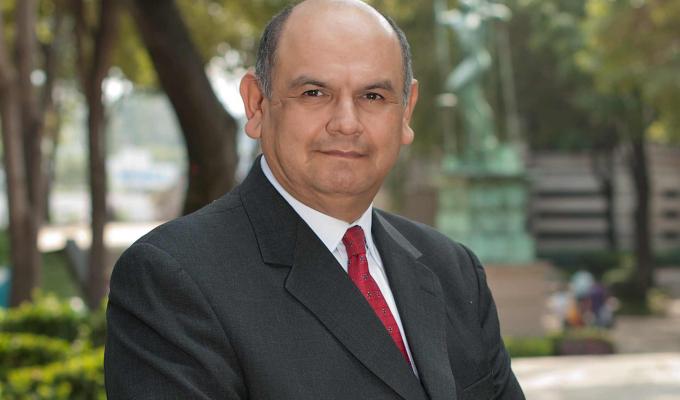2016 represents an opportunity to bring to the present the plans, projects, and promises of the past. This is what happened on September 25, 2015, at a United Nations summit, where the member nations approved the 2030 Agenda for Sustainable Development, which includes 17 Sustainable Development Goals (SDGs) to do away with extreme poverty, to fight against inequality and injustice, and to assure the planet’s environmental sustainability.
Unlike the Millennium Goals, endorsed 15 years ago, today the United Nations leadership adds non-governmental players—businesses, educational institutions, and civil society organizations—, which shows that everyone must work together and take responsibility.
As a guest at the subsequent Private Sector Forum, I had the privilege of listening to world leaders whose organizations are already implementing the SDGs in their strategies. The common belief is that the private sector is better able to offer solutions to problems like climate change, resource depletion, and the food crisis. In Latin America, meanwhile, the private sector is key to fighting some of our most deeply rooted problems, such as poverty, inequality, and a weak rule of law.
While it is necessary for all actors to collaborate to reach the SDGs, the commitment begins with each business taking responsibility for its surroundings and its communities. As the UN secretary general, Ban Ki-moon, has noted, businesses must first do business responsibly and then seek new opportunities.
“Trade and business are key to lifting people out of poverty; activists cannot do anything without joining with businesses,” admitted the singer and activist Paul Hewson (Bono). Of all the ideas he left us with, the words of his friend Nelson Mandela stand out the most: “It always seems impossible until it’s done.”




